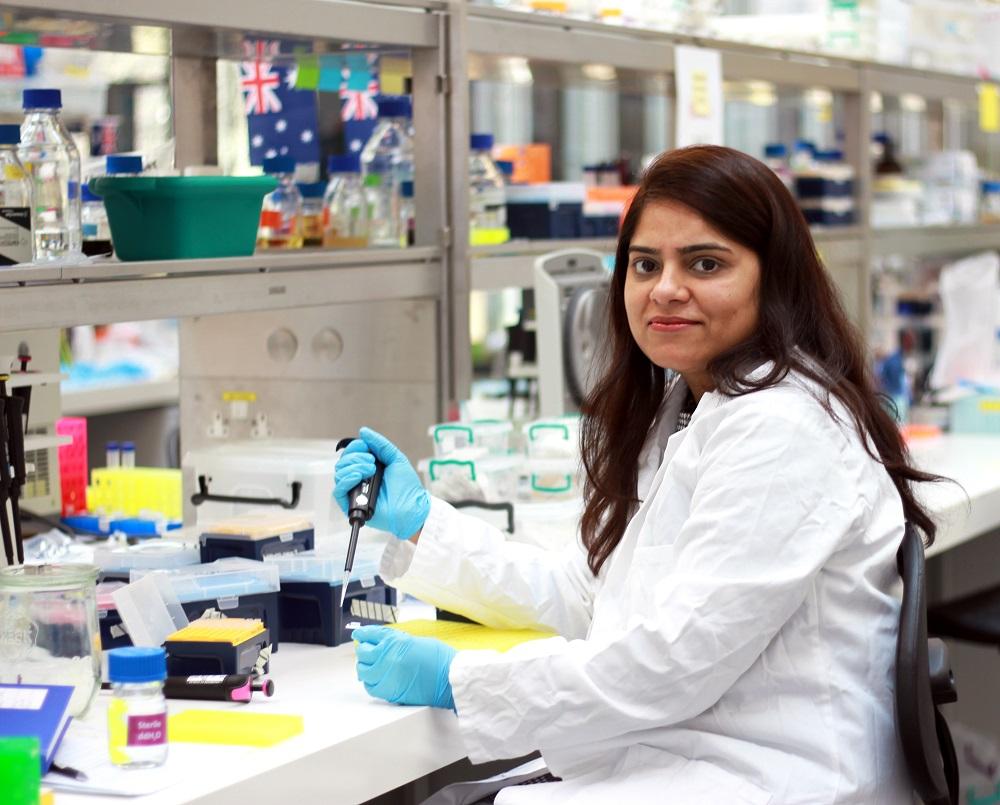
Dr Mahwish Ejaz
Research Assistant
Mahwish is investigating how altering cell size affects the mechanical properties of specific tissues in plants.
What is your research question?
Mechanical stress is one of the key factors that drives growth in plants. I am working in the Robinson Group where we are exploring how cell division and/or orientation and cell size can affect tissue level mechanical stress in plants. I am currently making different cell type-specific genetic lines connected with florescent protein tags, of Arabidopsis plants (thale cress) that upon heat activation can make different tissue layers to divide in small patches and change cell sizes. We will then use a micro-robot extensometer connected to a confocal microscope developed by Sarah Robinson to track division and growth of the cells in the hypocotyl (embryonic stem joined to the first two leaves, where cells do not divide) of Arabidopsis seedings. We will also use these lines to conduct mechanical stress experiments to measure the biophysical properties of the tissue. This information will help us to better understand the processes behind multi-cellular development of organs.
Why did you choose to study science?
I have always been interested in the natural world. My mother loved gardening and grew daisies and roses and I can remember as a young child looking at unopened rose buds and wondering how and when they opened into a rose. I also used to ask my parents lots of questions about nature when we went for walks. I remember I once asked my father what the last year of school was, and he told me a PhD. I always had this in my mind as I went through school in Pakistan that I would do a PhD and my father was always encouraging me at each stage to follow my interests. I loved all science, and was good at math and physics, all through school, but it was biology that really captured my imagination.
What really interests you about science?
I loved doing experiments and the process involved in finding the reason behind things. It was during school that I was introduced to genetics, Darwin and Mendel’s law of segregation and that is what started me on my journey into plant genetics. I have always asked questions and I don’t think this has changed as an adult – there are still so many questions I want to find out the answers to.
What advice do you have for girls thinking about studying science at degree level?
I think the best advice I can give is to do what you love and if you love science then do that. Don’t let anything prevent you from following what you want to do. Science can offer you an amazing career and there are many different areas you can choose to work in. It can sometimes seem like a long journey, but my advice is to take one task and one step at a time and focus on that.
Do you have a female STEM role model?
My PhD supervisor in Germany, Professor Dr Maria von Korff Schmising, was a great mentor and role model. I had my children during my PhD and she was incredibly supportive and helped me to see that I could be both a scientist and mother and provided excellent advice and guidance on how to balance work. I have also read a lot of biographies by women from different career backgrounds who have provided me inspiration and guidance at different times in my life.
Connect with Mahwish on Twitter @mahwish_ejaz
